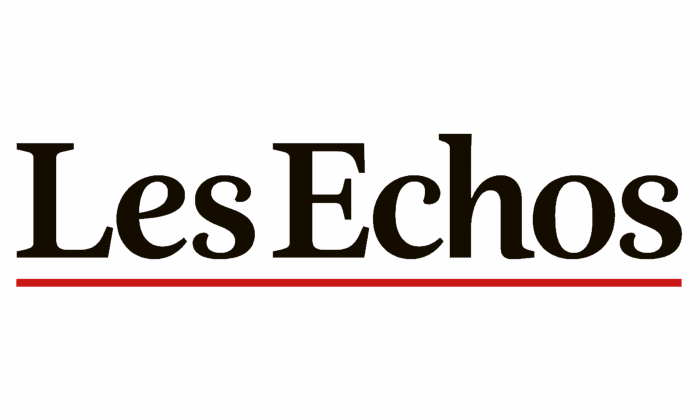
The European model, and especially the French one, of political, economic, and social regulation is undergoing a profound crisis. Under the pressure of its excesses, this model proves hardly capable of meeting contemporary challenges.
Five major trends highlight its limits: the weakening of public authority and sense of security, the insufficient immigration regulation and integration of immigrants, the rise of exacerbated individualism, the expression of excessive egalitarianism, and finally, the hypertrophy of the state and regulation.
These dynamics weaken institutions and fuel distrust towards politics, favoring the rise of populism.
The market, essential for economic dynamism, requires effective public regulation to avoid its excesses. However, in France specifically, the public sphere has grown excessively, causing both inefficiency and discouragement. The omnipresent state tends to infantilize citizens and interfere in their social relations while reducing the role of intermediary bodies. As Hannah Arendt points out: “When the state monopolizes this capacity to act, citizens are reduced to the role of spectators.” Over-administration indeed causes a loss of individual and collective responsibility, while weakening respect for others and social rules. This in turn provokes widespread anxiety and distrust.
At the same time, what I call hyper-democracy is developing in our societies, due to an endogenous dynamic that, if unchecked, can lead to pathological excesses that may even endanger democracy itself. These excesses manifest as an unlimited extension of individual rights at the expense of everyone’s duties, fostering selfishness, withdrawal into oneself, and an exacerbated, compartmentalized communitarianism. Additionally, this also weakens the meaning and necessity of work.
These excesses also include an extreme egalitarian obsession, fueling jealousy, resentment, and hatred. Egalitarianism also hinders the engines of growth and progress. Tocqueville, who already analyzed the potentially self-destructive developments of democracy, warned: “There is no passion so fatal to man as this love of equality which can degrade individuals and push them to prefer common mediocrity to individual excellence.”
These excesses threaten the ability to live together and can lead to both moral and economic ruin. The issues induced by financing over-administration and the lack of responsibility regarding social protection spending result in a permanent public deficit, leading to soon unsustainable public debt. These in turn reinforce distrust.
To avoid irreversible decline, it is imperative to reinvent our political, social, and economic balance around several axes. Reconcile ethics (including social justice) and economic dynamics (economic system efficiency). Neither is sustainably viable without the other. In other words, today norms, regulations, and tax systems must not unduly hinder innovation, growth, and business development, lest efforts towards ethics be in vain. Address public authority, security, and immigration matters in a democratic and effective manner, without moralizing bias or contempt. This will also prevent populism from monopolizing these debates. Ensure better social mobility through appropriate quality education. Reject egalitarian excesses by recalling the essential notions of equality of rights and duties, equality of opportunity, and equity, so as not to confuse them with absolute equality in everything, which often contradicts the former.
The survival of the European democratic model and social market economy depends on its ability to renew itself. Without an intellectual awakening to limit the excesses that have developed and to regain the essential balances that underpin them, our politico-economic-social system will sink into entropy. Moreover, this is in a world where power struggles have again become the rule. This renewal is crucial to restore trust in institutions and politics, as well as in democracy itself. It is also crucial to regain vitality and dynamism without which nothing is possible. The sustainability of our beautiful European model depends on it.
Olivier Klein
Professor of Economics at HEC